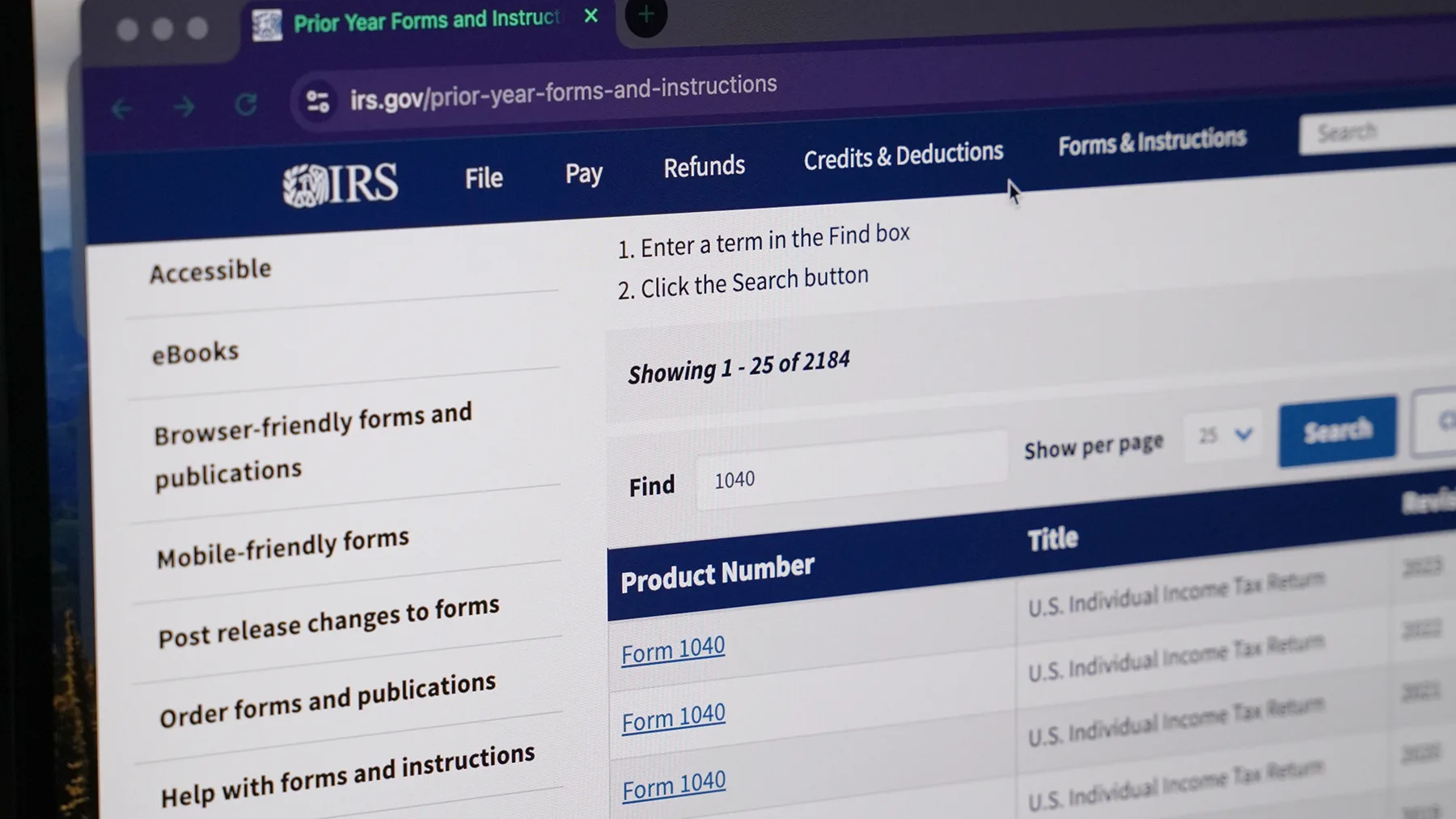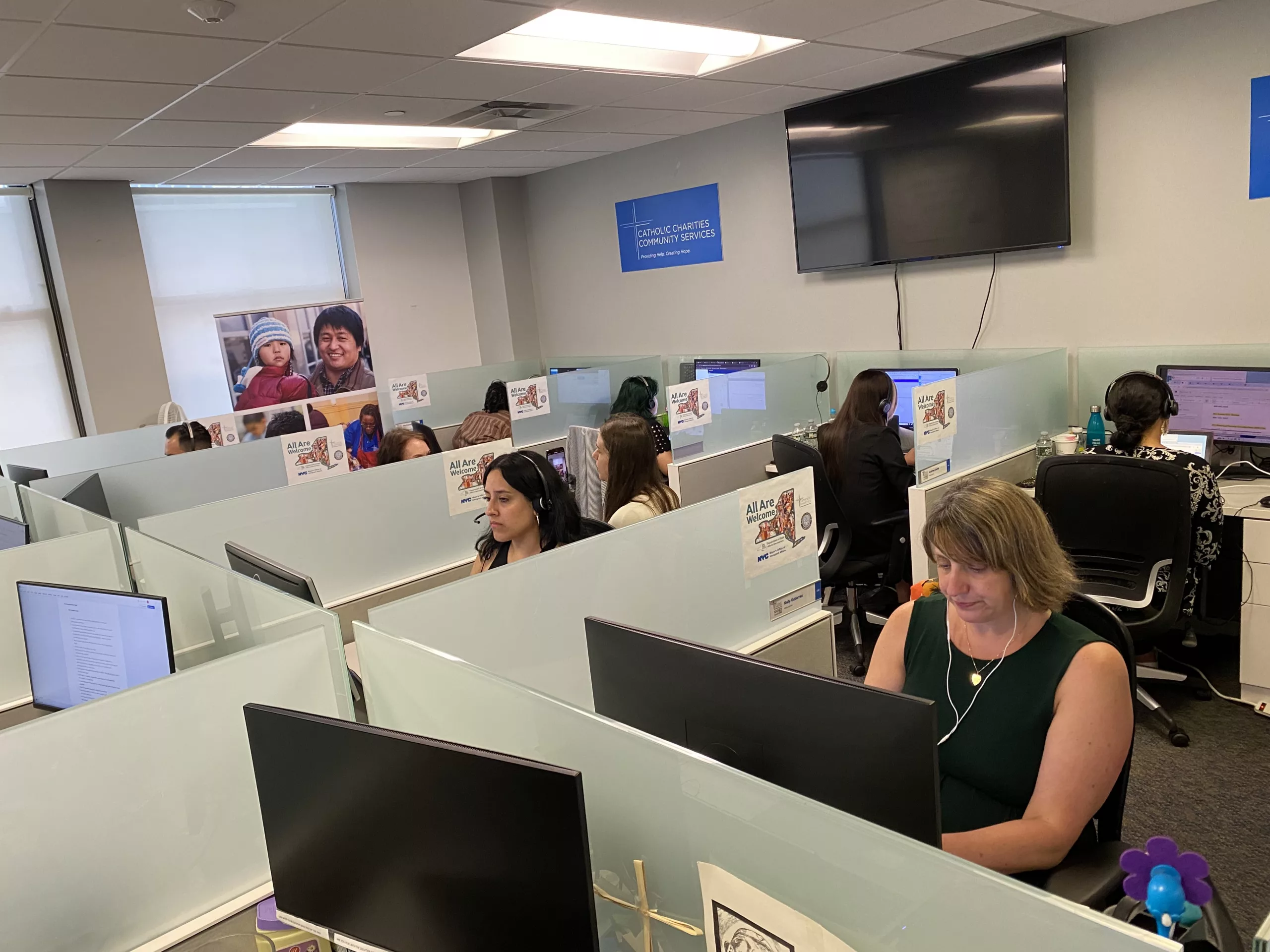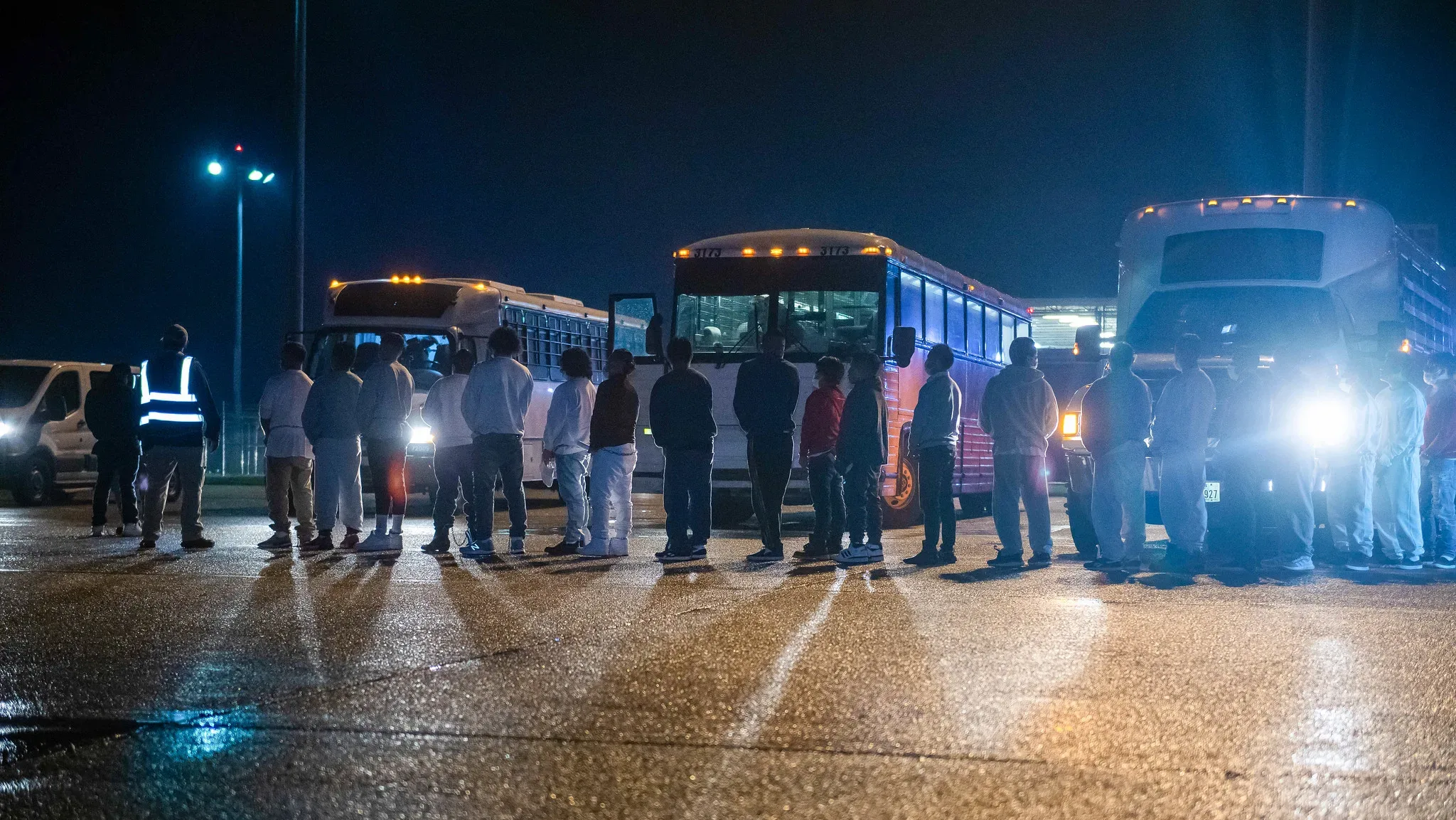The Ninth Circuit Court of Appeals issued a decision in Flores v. Sessions in 2017, ruling that unaccompanied minors have the right to a bond hearing before an immigration judge.
The Homeland Security Act of 2002, which established the Department of Homeland Security, reorganized the administration of America’s immigration laws. Among other things, it transferred jurisdiction over the care and detention of minors from the former Immigration and Nationality Service to the Office of Refugee Resettlement (ORR).
Former Attorney General Jeff Sessions used this transfer of power to challenge the initial 1997 Flores settlement agreement. It set standards for the detention, release and treatment of minors in the custody of Immigration and Naturalization Service — the agency that oversaw immigration before the Department of Homeland Security was created in 2002. In a 2017 case, Sessions and the Trump administration argued DHS didn’t have to allow detained children to seek bond hearings, saying ORR was responsible for making decisions about unaccompanied children’s care placement and release from custody.
The court ruled that the reorganization did not affect the Flores Settlement, affirming that unaccompanied non-citizen minors have the right to a bond hearing. While bond hearings are not necessary for all unaccompanied children, they do provide important protections and rights to those who need them, including the right to be represented by counsel, the right to present evidence, and the right to build a record regarding their custody.














